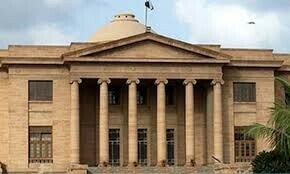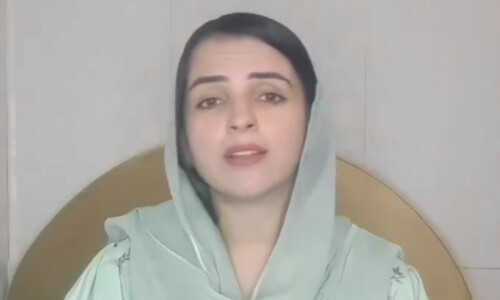KARACHI, Dec 20: Because of the accumulated debt running into billions of rupees, the Karachi Electric Supply Company does not have the required liquidity to purchase furnace oil needed to increase power generation capacity and to pay outstanding dues back to the Water and Power Development Authority and the Sui Southern Gas Company.
This was stated by KESC Chief Executive Naveed Ismail while responding to questions about frequent load-shedding and breakdowns in the city, at a press conference on Saturday.
“We would very much like to optimise generation capacity and run our plants on furnace oil to bridge the gap between demand and supply, but we don’t have the required funds to buy oil. Therefore, we are constrained to close some of the units and operate the others on gas, which is 90 per cent of the fuel input,” said Mr Ismail. He said even payment to the SSGC was being affected by the liquidity crunch.
He said that due to the low pressure of gas in the winter months, it was not possible to enhance the generating capacity of the plant units, which were operating at about one-third of their installed capacity.
He said the financial crisis could be over if the KESC received its Rs19 billion from defaulters, including the Karachi Water and Sewerage Board and the city government.
He said the KESC owed Rs24.8 billion only to Pepco. The KESC had paid Rs2 billion to Pepco over the last two months and now a payment plan had been agreed upon that would take care of the outstanding dues and the current bills.
Mr Ismail claimed that if the KESC got the Rs19 billion subsidy, he would purchase furnace oil to increase generation and reduce the incidence of load-shedding.
Answering a question, he said load-shedding could be reduced, if not totally stopped, next summer as generation would see a significant increase with the arrival of ‘rental power’.
In reply to questions about inflated bills that included the 40 per cent relief given by the government, Mr Ismail said the government took staggering decisions in this regard. First the tariff was increased and then withheld temporarily under strong public criticism, which created many hurdles in the KESC’s operations, he said. Only in November, the KESC had to issue four different types of bills. Owing to this confusion, it suffered a shortage of about Rs4 billion liquidity, he said.
The KESC chief also claimed that the utility had initiated and completed several projects in a significantly short period of time. In November, 94 megawatts were added to the KESC’s grid, which is part of the 220MW power plants being installed at the Korangi Gas Turbine Power Station. Another 90MW were added to the KGTPS this month.
The KESC, he said, had started a survey for the installation of 190MW power plants on a ‘fast-track basis’, of which one portion of 95MW would be installed at Site while the other in Korangi. One of these power plants would be operational by June 2009 while the other would be connected to the KESC’s grid by September 2009.
The KESC has already arranged an addition of 450MW till September 2009. Likewise, a 560MW project is in the pipeline and would come into being by 2011.
He said that out of 19 power plants, 13 had exceeded their physical life span of 27 years. The KESC would install 110 new 11kV feeders, he added.
Earlier, KESC Group Head Organizational Management Zafar Usmani and Chief Operating Officer Jan Abbas Zaidi explained the human resource base of the utility and billing process for which around 10,000-strong staff are engaged round the clock to prepare and dispatch the monthly electricity bills to its consumers.















































Dear visitor, the comments section is undergoing an overhaul and will return soon.